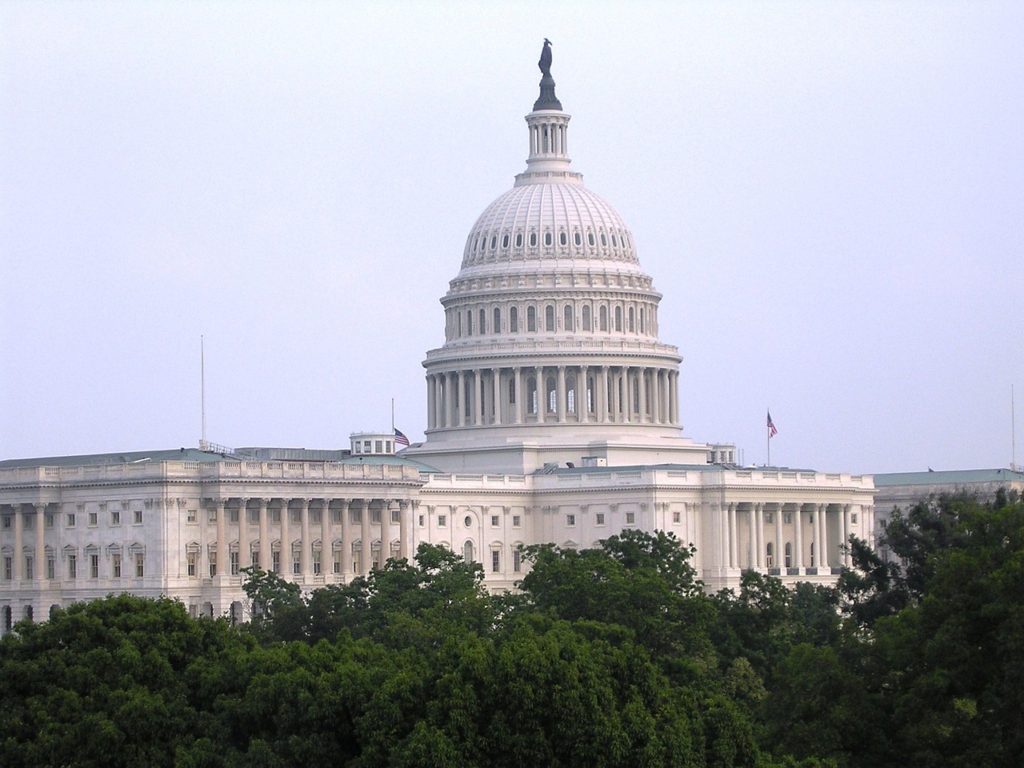
 In the Chicago suburb of Evanston, Illinois, the city council recently introduced a resolution calling on state legislators to repeal or amend a state law that prevents municipalities from regulating the use of pesticides themselves.
In the Chicago suburb of Evanston, Illinois, the city council recently introduced a resolution calling on state legislators to repeal or amend a state law that prevents municipalities from regulating the use of pesticides themselves.
In Utah, the House of Representatives approved HB 280, legislation preempting local governments from regulating fertilizer, pesticides and seed. The measure was widely supported, and sailed through the chamber by a vote of 63-11-1. The legislation now moves on to the Senate for their consideration. NALP and numerous industry allies are advocating for the bill’s passage and are working closely with local stakeholders in our effort to pass the bill. If ultimately approved, there will only be six states that do not preempt local units of government from passing pesticide regulations that differ from state requirements.
In Montana, the Senate Committee on Agriculture, Livestock and Irrigation held a hearing on SB 247, a pollinator protection bill that calls for the ban of neonicotinoids on public and private property. NALP strongly opposes the proposal and is working with local stakeholders in opposition to the bill. The hearing concluded after the publication of this edition of Essentials so we do not yet know the outcome of the hearing, but will report on it next week.
It is our contention that the most relevant studies, those that test for real world pesticide exposure in field based studies, are being ignored by those who have an anti-pesticide agenda. There are numerous studies that show that when neonicotinoids are used following label directions, they do not produce lethal or sublethal effects on individual honey bees or the hive. In fact, NALP is currently in the process of compiling a summary of field studies related to neonic impacts on pollinator health, the preponderance of which show no impact on honey bees, despite activist claims to the contrary. Only when scientists intentionally over dose the levels of pesticide ingestion do bees show signs of negative impact. We strongly believe that policy should follow sound science and not emotional rhetoric or a predetermined agenda. For additional information, contact Paul Mendelsohn.

